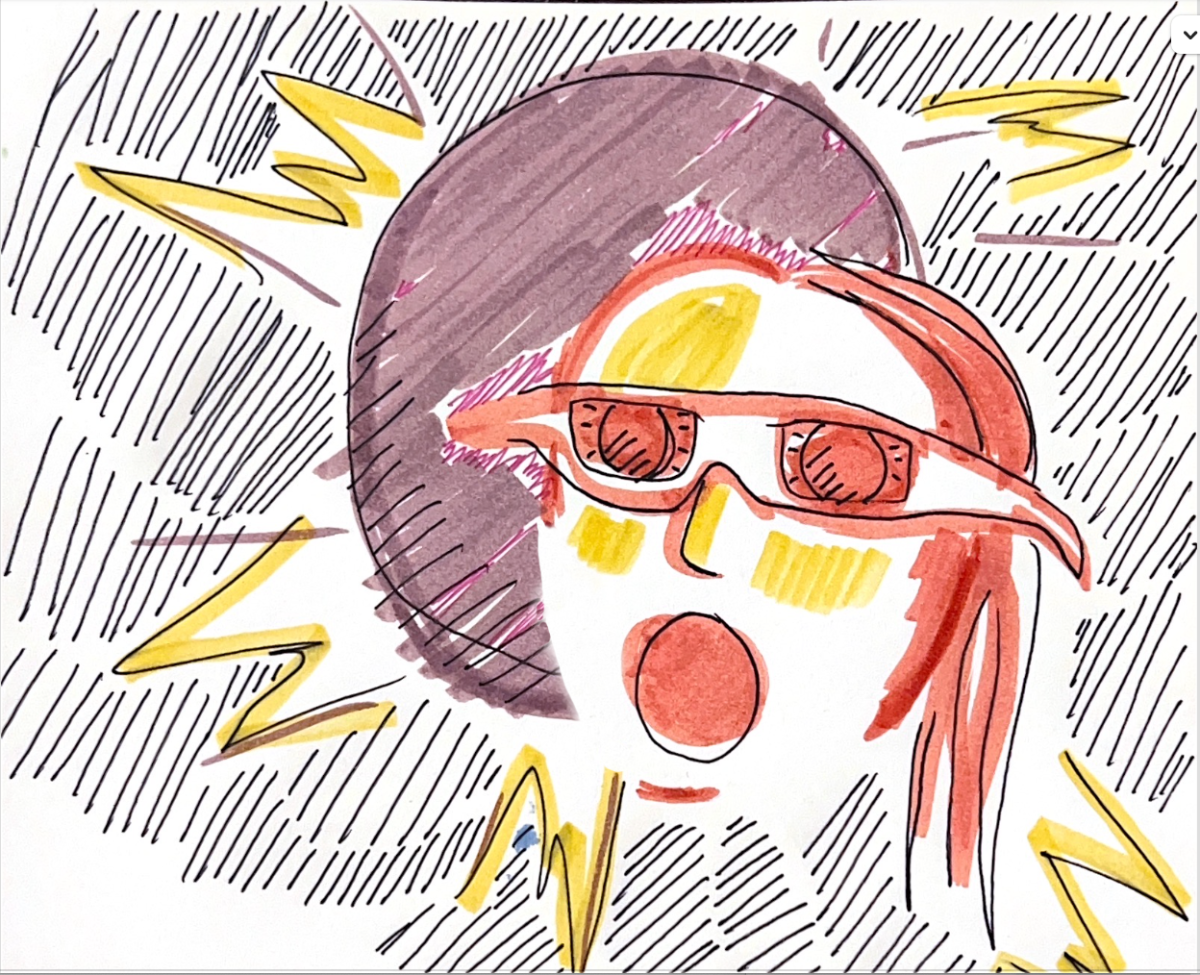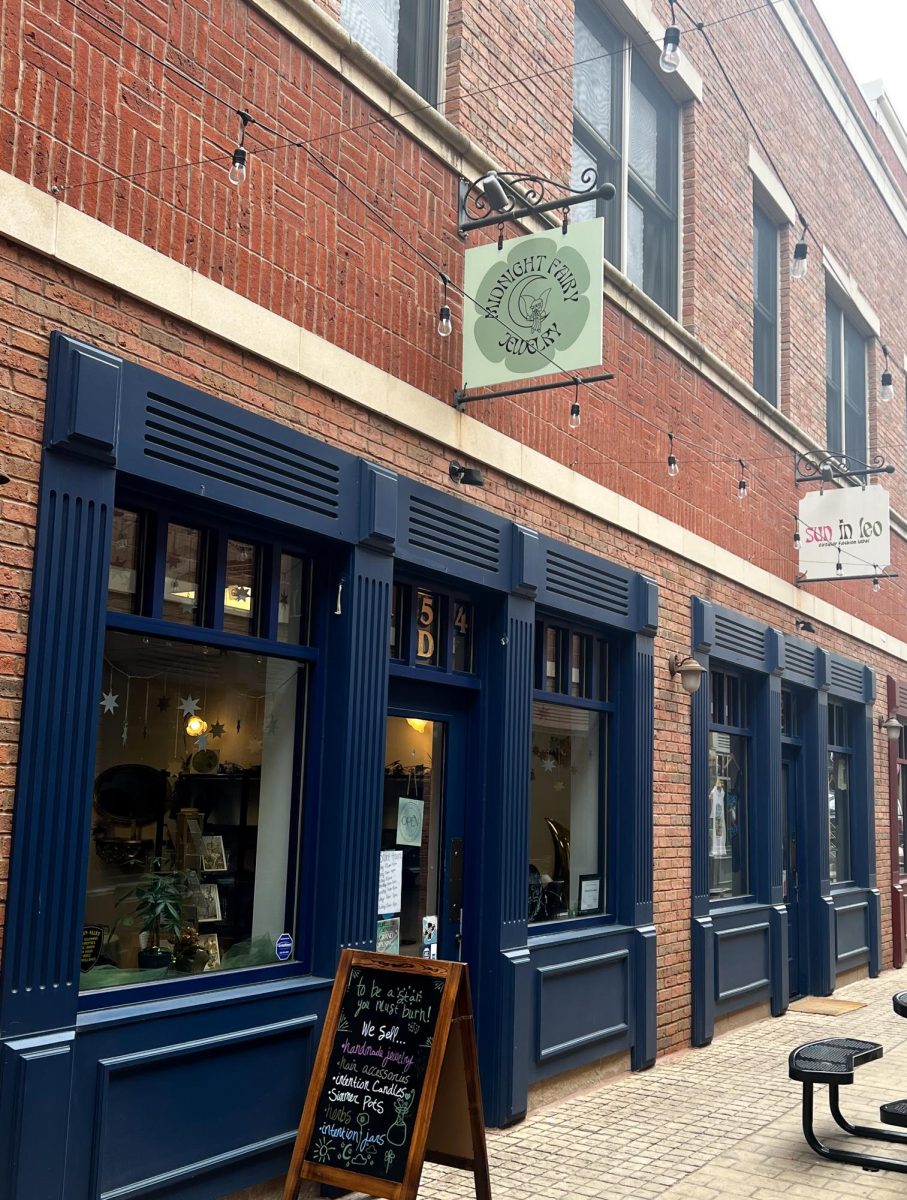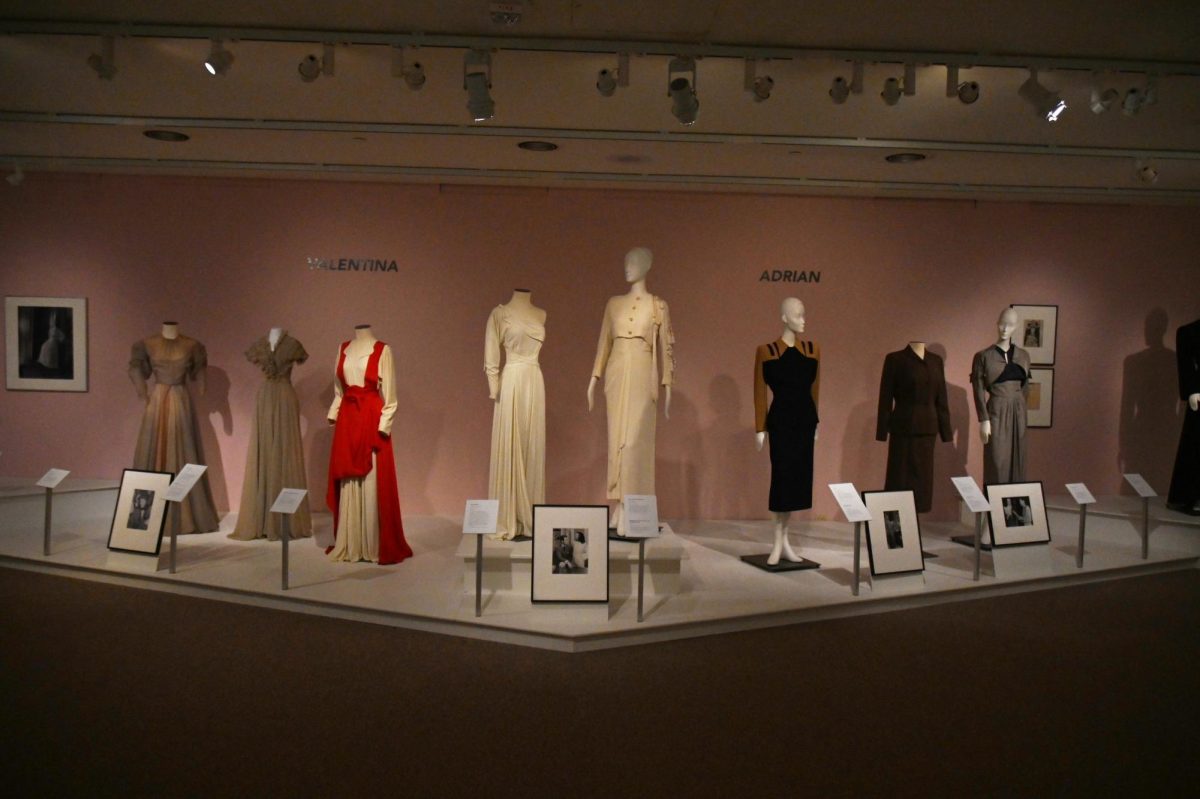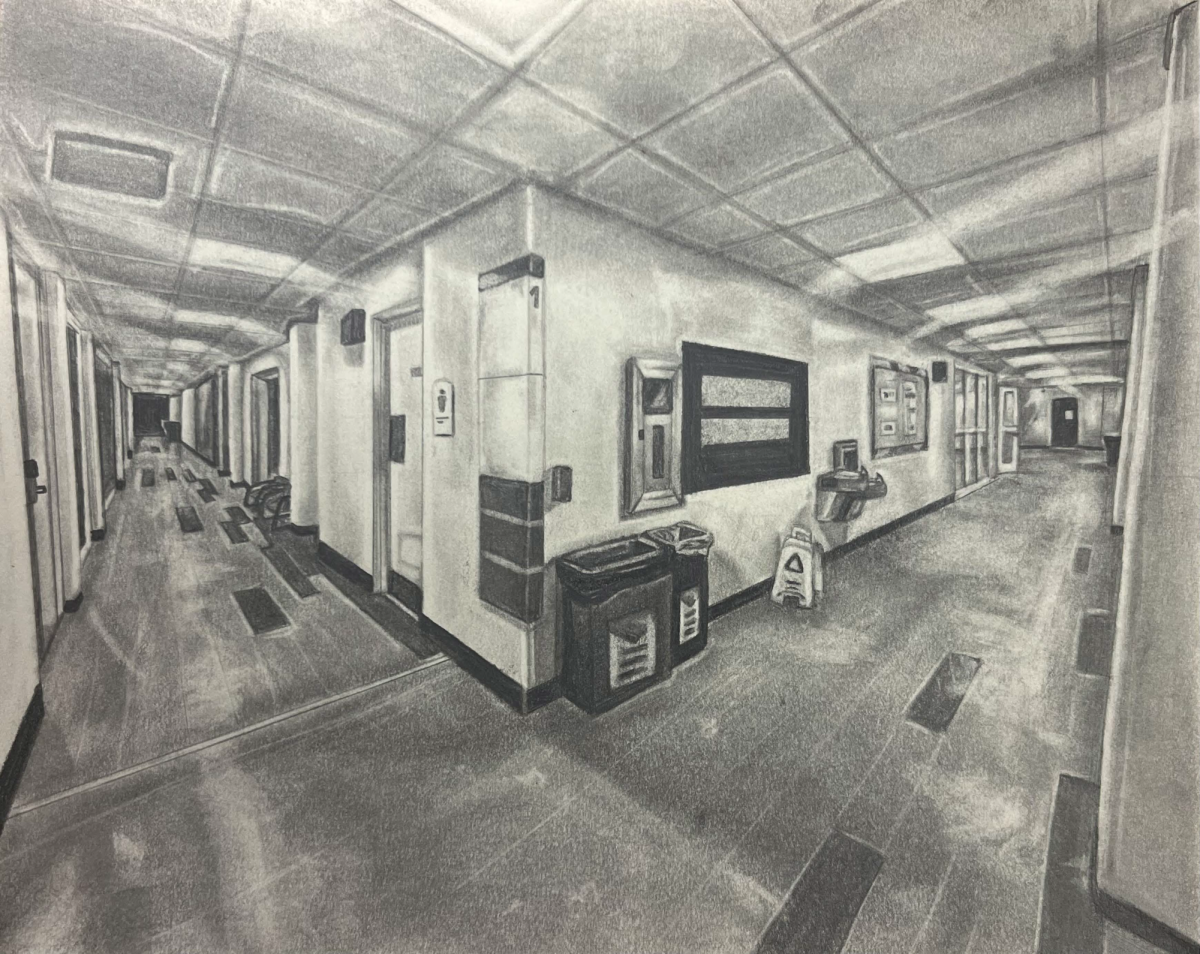As the number of days before Kent will experience a brief total darkness decreases, now is the time to plan ahead for protecting oneself during the total solar eclipse on April 8.
Donald Driscoll, an associate physics professor at the university’s Ashtabula regional campus, said staring at the sun during the solar eclipse is bad for a person’s eyes.
“If you try to stare at the sun when there’s no solar eclipse, it hurts and you look away,” Driscoll said. “That’s your body telling you not to do that.”
Examining the sun from a naked eye, during an eclipse or not, causes permanent retinal damage in under about two minutes, Driscoll said.
“You got not just the visible rays from the sun but you have also the UV rays from the sun that are hitting the cells on the back of your retina,” he said. “It’s effectively like your retina is getting a sunburn.”
Since eyes are intended to collect and focus light, when they are damaged they concentrate harder on an individual’s retinas and those cells from the retina can be burned similar to skin, Driscoll said.
Once those cells are damaged, they are permanently damaged, which can lead to blindness, he said.
The reason individuals are advised against staring at the sun during an eclipse is because the likelihood of them doing so is higher because the sun’s rays are not visible, he said.
“You can stare at a laser, a UV light and not know that it was blinding you because you can’t see that UV light,” Driscoll said.
Karl Land, an adjunct physics professor at the university’s Columbiana regional campus, said individuals will most likely not feel pain from staring at the sun, but will develop symptoms either a few hours or days later.
“The symptoms for the retinal conditions are loss of central vision, distorted vision [and] altered color to your vision,” Land said.
Land said when the corona, the outer atmosphere of the sun, is visible, individuals can look at the eclipse with a naked eye during this point, which Land called a bucket list accomplishment.
“When you hit the totality, only the corona is visible, the moon blocks out the entire photosphere, and at the point the brightness of the full moon,” he said.
Individuals can view the eclipse before the corona is visible by using protective glasses like ISO approved ones, which will be provided by the university closer to the eclipse, Land said.
“You test them by putting them on and looking at something,” he said. “If you can’t see anything in a regular lighted room, you know you don’t see any pinholes or anything like that, you know you’re good to go.”
Another way to safely view the eclipse is by creating a pinhole camera, which can be made with an index card, a piece of paper or a piece of plastic, Driscoll said.
“Poke a very small hole in it, let the light shine through the pinhole and see that it projects onto the ground… you can see the eclipse that way,” he said.
Besides eyewear, other eclipse safety concerns are the increased number of people present in Kent and the traffic, said Sgt. Tricia Knoles of the Kent State University Police Services.
“People will be coming into town at all different times to see the solar eclipse, so some people may come in a day or two before,” Knoles said. “Some people may come in that morning so it’s all spread out but when the eclipse is over, everyone pretty much leaves at the same time.”
To avoid traffic issues, Knoles said individuals should attempt to arrive early to their watching location and give themselves some time before leaving.
During the eclipse, individuals should take other safety precautions like being aware of their surroundings and mindful of their belongings, Knoles said.
“I would also keep in mind it’s going to get dark, like night,” she said. “What I would normally tell people that are out in the evening, walking in pairs, be with a group, be aware of your surroundings just as if it’s night.”
Adriana Gasiewski is a beat reporter. Contact her at [email protected].
























